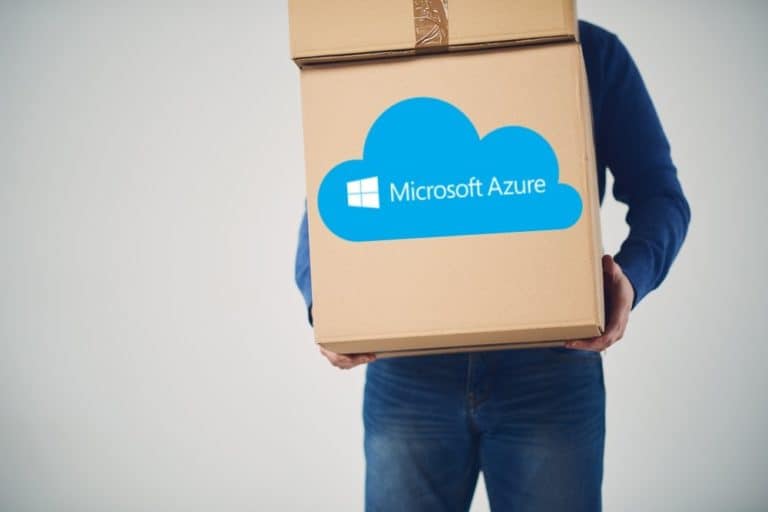Microsoft would have chosen a new supplier for half of its AI workloads on Azure. This would be Xilinx, which produces highly specialised semiconductor technologies. Intel still remains the main supplier. That’s what Bloomberg reports on the basis of insiders.
Xilinx chips must replace half of the coprocessors now used with the Azure servers to handle machine learning tasks. Those workloads were previously powered only by chips from Intel’s Altera division. Intel bought Altera in 2015, to add programmable chips similar to those of Xilinx to its lineup.
According to Bloomberg, Microsoft continues to buy chips from Intel for its other cloud infrastructure services. “There has been no change in sourcing for existing infrastructure offerings,” said a Microsoft spokesperson.
However, the chips are not just approved. Xilinx chips must first meet performance targets before they can be used more widely.
Programmable gate arrays
Flexible chips such as the programmable gate arrays of Xilinx are becoming increasingly popular. Programmable gate arrays are processors that are used in data centers and can be reprogrammed in real time for different tasks. Cloud providers such as Microsoft are increasingly dependent on the chips because they can process AI workloads faster than standard CPUs.
“Programmable chips are the key to the success of Infrastructures-as-a-Service providers, because they can make better use of existing CPU capacity,” says Holger Mueller, an analyst at Constellation Research, opposite Silicon Angle. “They are also important enablers for new technologies, such as machine learning and artificial intelligence.”
The new collaboration with Xilinx may be a blow to Intel, which last quarter raised $496 million with its sales, an increase of 6 percent. Xilinx saw a 19 percent increase in sales last quarter. Unlike Intel, Xilinx only makes this type of chips.
This news article was automatically translated from Dutch to give Techzine.eu a head start. All news articles after September 1, 2019 are written in native English and NOT translated. All our background stories are written in native English as well. For more information read our launch article.